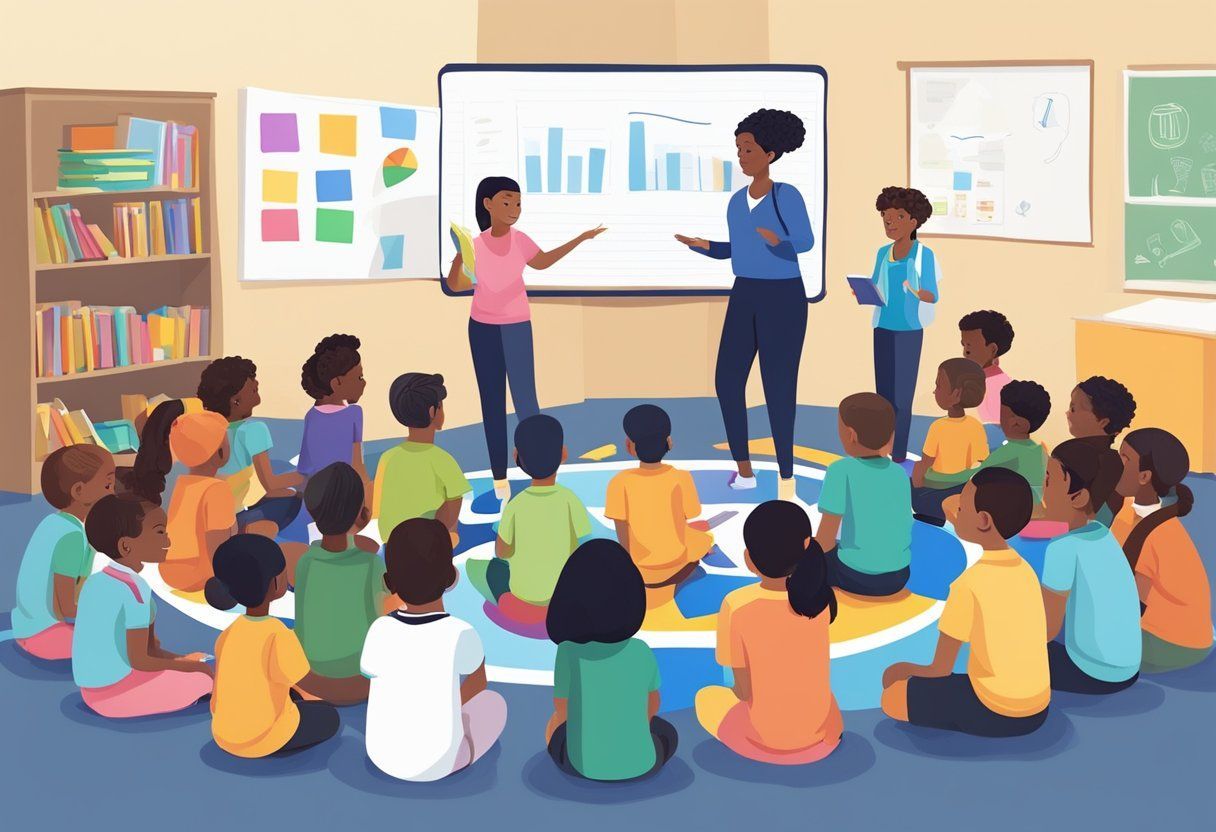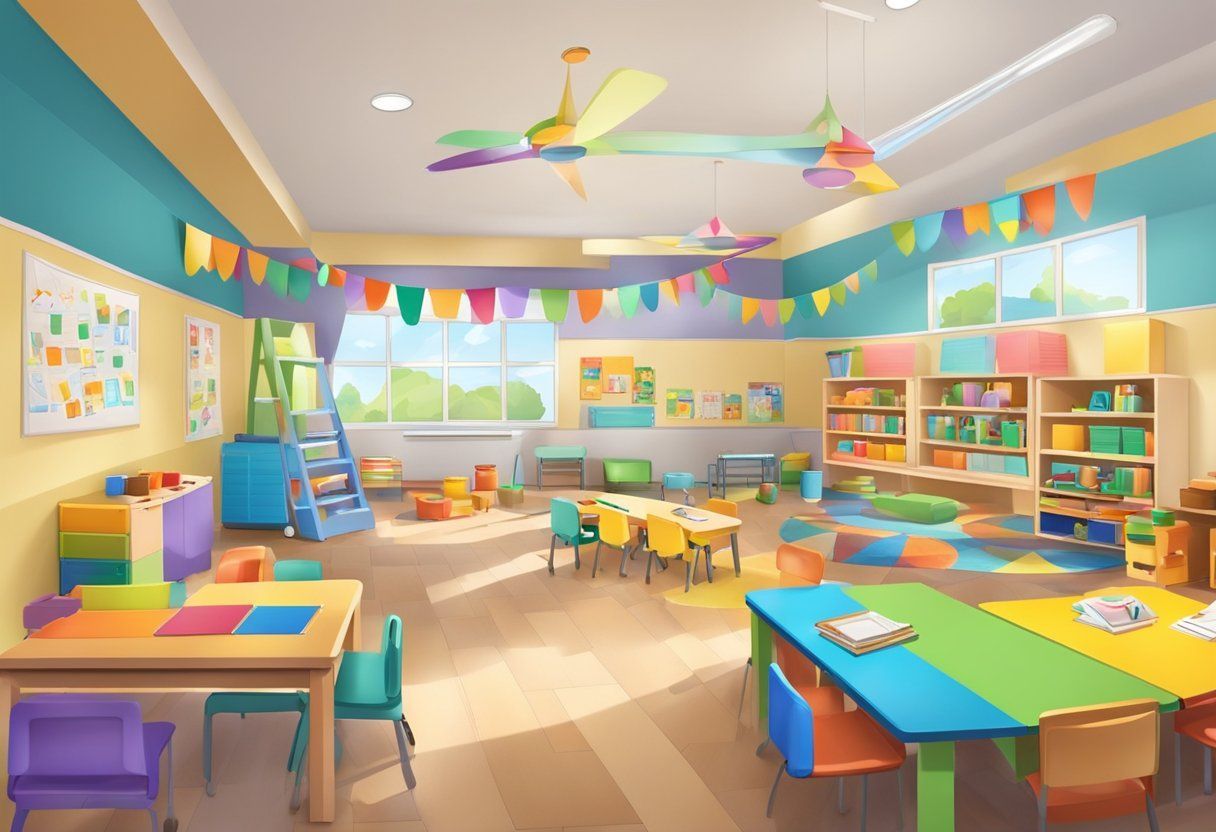BLOG
Categories
Understanding Educational Needs of Adopted Children: A Comprehensive Overview
Core Educational Needs of Adopted Children
Adopted children often face unique challenges in education.
Emotional support, managing learning disabilities, and enhancing social skills play critical roles in their overall development.
Emotional and Psychological Support Needs
Adopted children might carry emotional baggage from their past experiences.
These children often benefit from counseling services that address any psychological hurdles stemming from pre-adoption experiences.
Creating a supportive environment in schools can help.
Building strong connections with teachers and peers is vital.
Training educators to recognize and respond to triggers related to adoption helps establish trust.
Encouraging adoptive parents to maintain open communication about their child's history can further foster understanding and support.
Managing Learning Disabilities and ADHD
Learning disabilities and ADHD can be more prevalent in adopted children.
Addressing these requires targeted educational strategies.
Implementing Individualized Education Programs (IEPs) ensures that a child's specific learning needs are met.
Strategies like extra tutoring, employing visual aids, and creating structured routines help manage ADHD symptoms and learning disabilities.
Collaboration between schools and adoptive families is crucial for understanding a child's unique challenges and tailoring support effectively.
Access to mental health resources also aids in addressing these issues.
Social Integration Within School Settings
Social integration is crucial for the well-being of adopted children.
Creating opportunities for positive interactions with peers can help children feel included.
Schools can offer social skills groups to teach effective communication strategies.
Encouraging involvement in extracurricular activities helps build confidence.
Adoptive parents play an essential role in fostering social connections by organizing playdates or joining school events.
Teachers can support social integration by promoting an inclusive classroom environment and encouraging group activities.
Identity, Loss, and Grief in the Educational Experience
Adopted children might face unique challenges in school linked to identity, loss, and grief.
These experiences can impact their learning and relationships.
Understanding these aspects helps in creating a supportive educational environment.
Understanding Adoption-Related Loss and Separation
Adopted children often experience loss and separation from their birth parents.
This loss can affect them emotionally, causing feelings of grief and abandonment.
At school, they might struggle to express these feelings, which can impact their concentration and behavior.
Creating a safe space for these children to express their emotions is important.
Schools can provide counseling and peer support groups to help them process their feelings.
Addressing Challenges of Identity and the Primal Wound
Identity formation is a key challenge for adopted children.
They may face questions about who they are, especially if they look different from their adoptive family.
This can lead to confusion and difficulty in feeling a sense of belonging.
The concept of the "primal wound" suggests a deep sense of loss from being separated from birth parents.
Schools can support students by encouraging self-expression through art, writing, and projects that reflect their unique stories.
Supporting Discussions on Birth Parents and Family History
Talking about birth parents and family history can be sensitive but important.
These conversations can help adopted children feel connected to their roots and understand their family tree.
Teachers can introduce age-appropriate activities that allow students to explore their backgrounds.
Encouraging open dialogues about heritage and culture can promote acceptance and understanding among peers.
This approach helps adopted children feel validated and supported in their educational journey.
Effective Educational Strategies for Supporting Adopted Children
Adopted children may face unique challenges in school.
Building strong relationships, adapting schoolwork, and working closely with educators can make a significant difference.
Promoting Positive Bonding and Relationships
Building a strong connection with your adopted child is crucial.
Encourage open communication with teachers and classmates to create a supportive atmosphere at school.
Attend school events together to strengthen your bond with the child and the school community.
Teachers can help by using positive adoption language and incorporating adoption-focused books in the classroom.
Simple acts of recognition and praise can also boost your child's self-esteem and help them feel accepted.
Homework and Schoolwork Adaptations
Adopted children might need some changes in their homework routine.
These adaptations can help them succeed:
- Use visual schedules to provide structure.
- Allow extra time for assignments if needed.
- Break tasks into smaller, more manageable parts.
Incorporate your child's interests into projects to make learning more engaging.
Acknowledge accomplishments with praise, which can motivate them to tackle future tasks.
Advocacy and Collaboration With Educators
Your role as an advocate is vital.
Maintain regular communication with the school to ensure that both the educational and emotional needs of your child are being met.
Work closely with teachers to develop a personalized learning plan.
Being a proactive partner with teachers, administration, and school staff can help when educational decisions are made.
Attend parent-teacher meetings and stay informed about your child's progress.
Navigating Adoption-Specific Challenges in Schools

Adopted children may face unique challenges in their educational journey, especially in diverse and multicultural settings.
Focusing on international and transracial adoptions and creating awareness can support their growth and integration.
International and Transracial Adoptions
When a child is adopted internationally or from a different race, this may lead to identity and cultural challenges.
These children may stand out among their peers due to differences in language or appearance.
Language barriers may arise, creating obstacles in communication and learning.
Schools can assist by providing language support programs.
Supporting social connections is crucial.
Social skills groups can help these children integrate and make friendships more easily.
These groups emphasize understanding and respecting cultural differences and can foster a welcoming environment.
Creating a welcoming classroom theme is essential.
Cultural festivals and international days encourage all students to explore different backgrounds.
Be mindful of content that may unintentionally highlight differences, which could make adopted children feel isolated or misunderstood.
Raising Adoption Awareness in Educational Settings
Raising awareness about adoption within schools promotes inclusivity.
By educating staff and students about the diverse backgrounds of adopted children, you can create a supportive environment.
Educators might attend workshops or courses on adoption topics, ensuring they are familiar with adoption-related challenges.
Create adoption awareness events that celebrate diverse family stories and dynamics.
Sharing adoption stories can demystify adoption, fostering a sense of understanding and acceptance.
Such initiatives should focus on positivity and diversity, encouraging students to appreciate various family structures.
Collaboration with adoption professionals and counselors can enhance support systems.
Detailed plans can be crafted to accommodate specific needs, ensuring every child receives appropriate assistance.
An informed school community offers a more supportive and empathetic atmosphere, nurturing growth and learning for adopted children.
Preparing Prospective and New Adoptive Families for Educational Success

Equipping adoptive families for educational success involves understanding the unique needs of adopted children and selecting the appropriate educational settings.
Successfully navigating the adoption process with educational considerations in mind is vital for adoptive parents.
The Role of Prospective Adoptive Parents in School Preparation
You play a crucial role in preparing for your child’s educational journey.
Early preparation can make a significant difference.
Start by researching schools and identifying programs that specialize in supporting adoptive children, especially those attuned to unique learning needs.
Advocacy is key; engage with school staff to inform them about adoption-related needs.
Attend workshops or seminars aimed at adoptive parents to enhance your understanding of these needs.
This preparation helps create a supportive learning environment, crucial for overcoming challenges that may arise due to past trauma or transitions.
Navigating the Adoption Process and School Choice
When navigating the adoption process, consider how your choices affect your child's education.
Start by researching the educational options available in your community.
Understand each school’s policies and practices regarding children who have been adopted.
Some schools provide specialized support services or have a strong collaboration with families, which is invaluable.
Evaluate each option based on the school's understanding and support of adoption-related issues.
This early focus ensures that you make informed decisions that prioritize your child's development and educational success.
Frequently Asked Questions

Adopted children may face unique challenges in educational settings.
Understanding these challenges and implementing supportive strategies can help them thrive in school.
These children may have different educational experiences due to early trauma and attachment issues.
What are some common challenges faced by adopted children in educational settings?
Adopted children often deal with emotional difficulties, identity struggles, and learning differences.
These can impact their focus, social interactions, and academic performance.
Understanding their background can inform the approach needed to support them.
How can parents and teachers best support the academic success of adopted children?
Parents and teachers can create nurturing and stable environments.
Open communication and tailored learning plans can address their specific needs.
Building trust and providing consistent support are key to helping them succeed.
What role does early childhood trauma play in the learning process of adopted children?
Early trauma can affect brain development and emotional regulation, leading to learning difficulties.
These children may have trouble with memory, attention, and emotional responses.
Being aware of these issues helps in providing appropriate interventions.
In what ways might the school experience differ for adopted children compared to their peers?
Adopted children may feel different due to their family backgrounds.
They might face questions from peers that challenge their identity.
These experiences can impact their sense of belonging and self-esteem.
How can schools be more inclusive and sensitive to the needs of adopted children?
Schools can train staff on adoption-related issues and promote acceptance.
By recognizing the diverse backgrounds of students, schools can create a more supportive atmosphere.
Sensitivity in language and policies also contributes to inclusivity.
What are effective strategies for addressing attachment issues in the classroom?
Fostering strong relationships with trusted adults is crucial.
Teachers can engage in consistent, positive interactions to build trust.
Providing a predictable routine and understanding students' emotional needs can help manage attachment challenges.
RECENT POSTS
Bringing and keeping families together!










